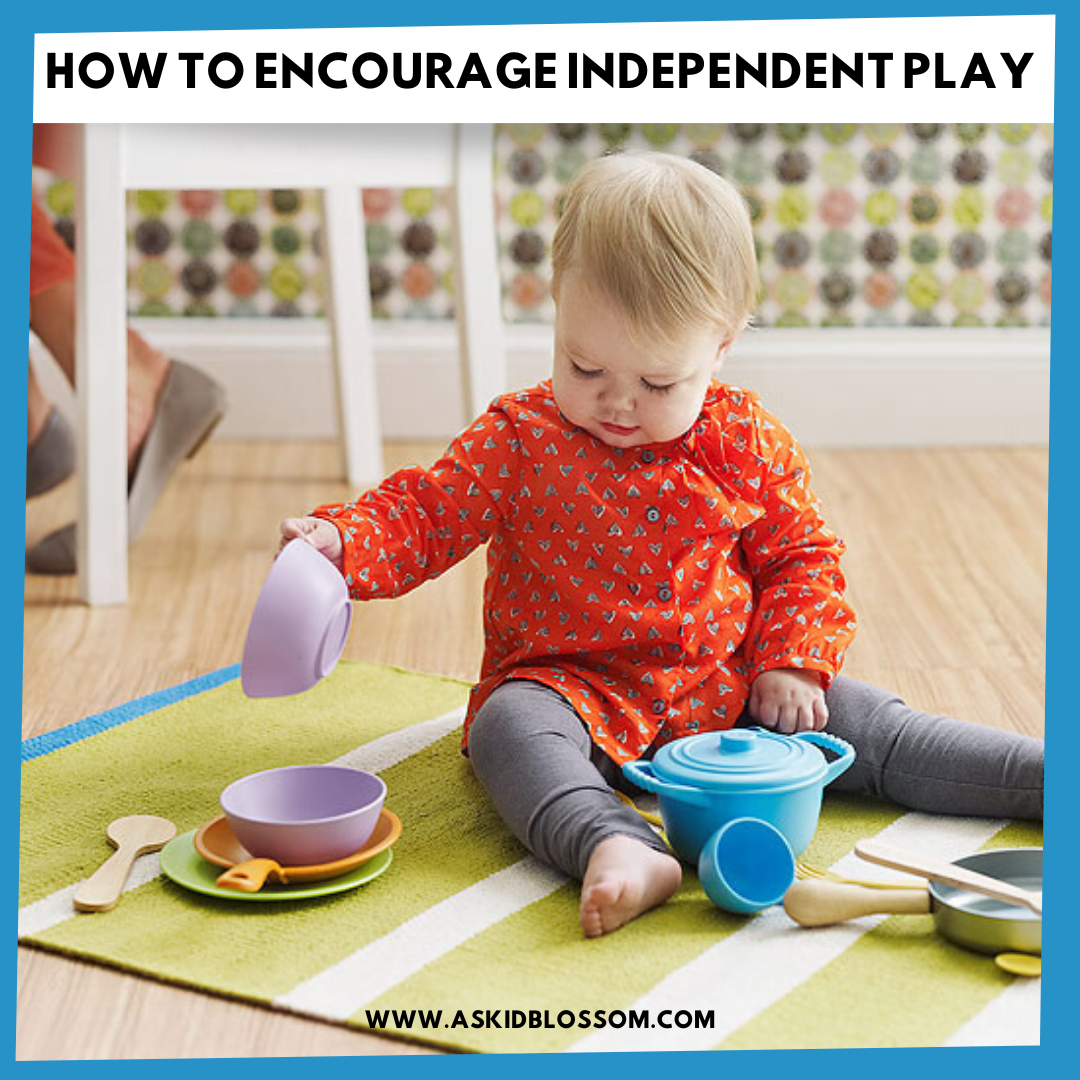Before you start reading this post, I’d like to give a little disclaimer. Independent play in toddlers does not happen in a jiffy. It takes time and patience, but try to instill it in the early years of a child.
Why Encourage Independent Play in Toddlers?
Kids who have been played with or have been entertained a lot in infancy find it a struggle to play independently and always want a partner. Independent play does not only give you some free time at your disposal but also enhances the child’s creative, imaginative, thinking, and focusing capabilities.
Independent play in toddlers allows them to be flexible and understanding. Your child learns to use toys on his own. He finds out new ways to play with the same toys. That sparks imagination and it builds his concentration at the same time.
How To Encourage Independent Play in Toddlers
This post will help you with some tips that can help you instill the habit of independent play in your child.
Instill Habit in the Early years
When you have your baby it is such a beautiful moment, he is so little and cuddly and all you want to do is cuddle, play and talk with him. It’s a natural instinct. You want your child to see the world as you see it.
But let’s just control this a little. Let your child discover the world on his own. Avoid the urge to swoop in every time he feels uncomfortable, or uneasy. While I recommend carrying your baby in a sling with you during the early months, understand that it doesn’t mean you try to make him happy all the time.
Appropriate Toys
I do not recommend toys that move or talk at the touch of a button. These provide entertainment for a very short span of time. Instead, opt for toys that evoke imagination and problem-solving skills. Give him a spoon instead of a robot-controlled car. The best toys a child could play with are items from the kitchen such as cups, spoons, and bowls as they allow open-ended play, and lets your child’s imagination go free.
As your baby grows, create small structures that allow the child some movement like climbing or crawling.
Observe Your Child
When your child is playing, do not interfere in his play. This will interrupt his thinking. Try to sit and watch silently. If you sit with your child and just watch him play, it encourages him to go on. With you with him, he has a safe space. Try to go on with your chores while he is playing.
You can also, ask him to give you a role play and then act according to his play. Children thrive in play in the presence of their caregivers but lose their confidence when the entire play routine is orchestrated for them.
Undivided attention
A child needs your undivided attention for at least half an hour a day without any interruptions. Some children also need more. If he feels his need has been satisfied, he won’t disturb you again. Sit with him, let him say and do most of the talk and work and it will do wonders, believe me.
You just need to make sure that the half-hour you are giving to your child is without any calls or computers or books. You and your child, that’s it.
Limit screen time
This is something I’ve struggled with, to be honest. I work and many times, I need a little space for myself when I get home. And that means more screen time for the kids. I’d say try to limit screen time as much as you can. Put up a specific time and time limits.
The problem with screen time is that it provides a little too much entertainment and variety at an instant. And this is impossible to be replaced by something as simple as a spoon. Try not to use too much screen yourself so that your child does not insist on using it. It is a habit hard to break but it helps in a lot of ways. If your child develops the habit of the screen too often, it is hard for him to be stimulated by simple objects or toys easily. This will not only kill his imagination but also the habit of independent play.
Respect Their Play
A child needs to be respected. Their play is their work, so if you find them deeply absorbed in their play try not to interrupt. Even if it’s their meal or nappy change time, do not force them out of their play. This really discourages independent play.
I hope this article will help you deal with the habit of independent play in kids. If you notice your child is too rigid and not flexible and these strategies aren’t helping, I would love to help you determine your child’s individual needs. Please reach out to set up a free consultation. We are here to support you as you help your child blossom!
If you have any ideas on how to encourage independent play in kids, please join us in our FREE Facebook community!
If you enjoyed reading How to encourage independent play, you might also enjoy reading:
4 INDEPENDENT Motor Activities for Little Party Guests
9 Confidence Building Activities for Kids
